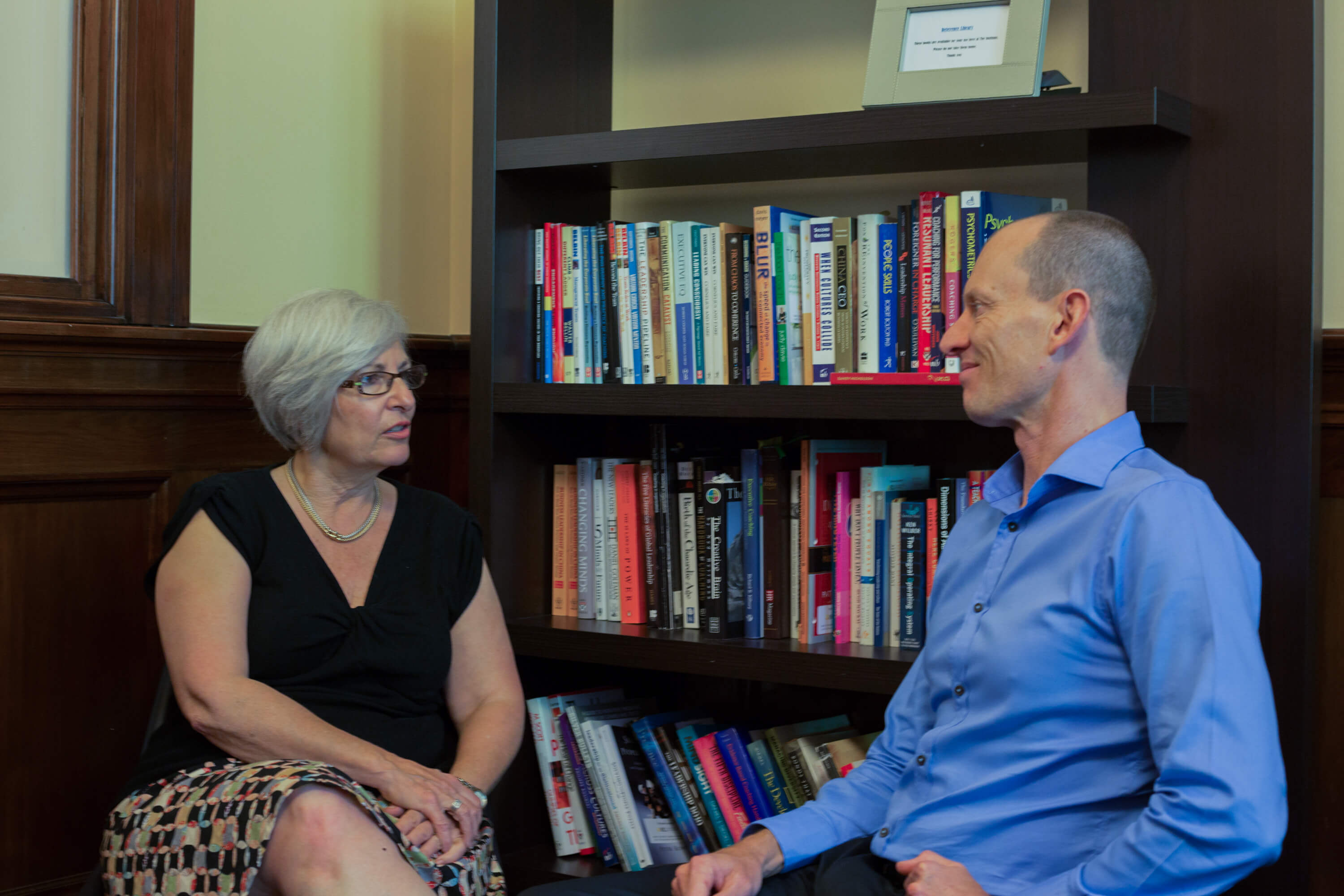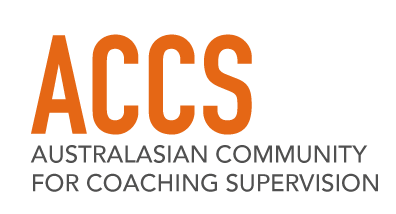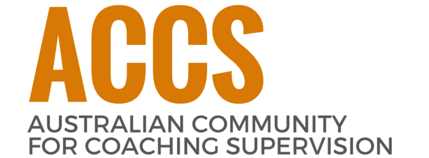Supervision Functions
According to Armstrong (2009), coaching supervision has three functions:
- a learning function (enhancing professional craft knowledge),
- an insight function (enhancing self-awareness and self-regulation), and
- an outsight function (enhancing consideration of influences from the whole system and including them in the reflection)

Hawkins and Smith (2006) suggest somewhat similar functions:
- Development – developing the skills, understanding and capacities of the coach ( the learning function),
- Resourcing – helping the coach become aware of and manage the coachee’s emotions which are picked up when working with the coachee (the insight function),
- Qualitative – ensuring the quality of the coach’s work (the outsight function, particularly in relation to quality and ethical standards).
A fourth function was described by Morrison (2005) as the mediation function where the coach in supervision is assisted to negotiate between their own needs, those of the coachee and the sponsoring organisation. The mediation function assists the coach/supervisee understand their ‘fit’ with an organisation and to reflect on their work within the framework of this organisational system.
A coaching supervisor may ask questions, encourage reflections or engage in discussion that specifically relates to one function. However, it’s more likely that the supervision conversation will address two or more functions simultaneously. Each of these functions of supervision is interdependent.


Comments are closed.